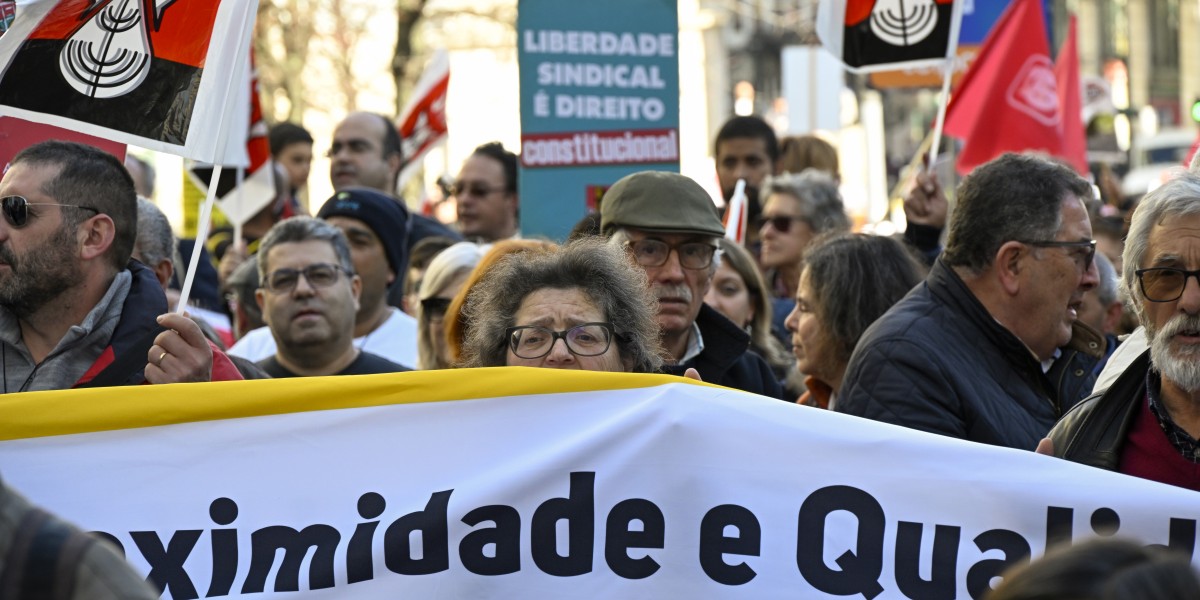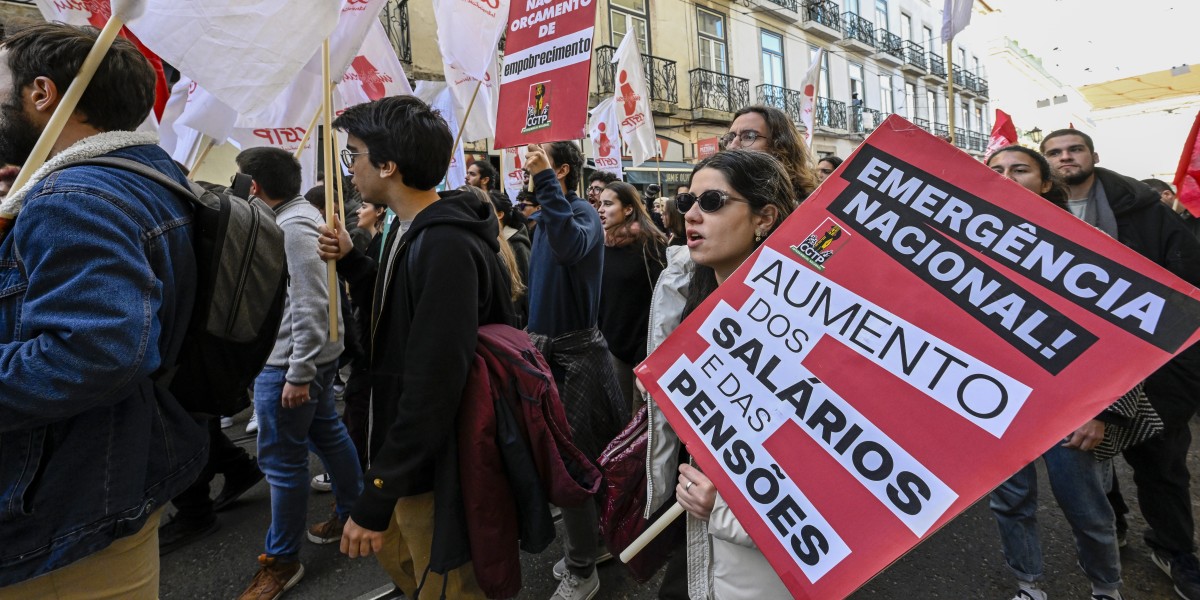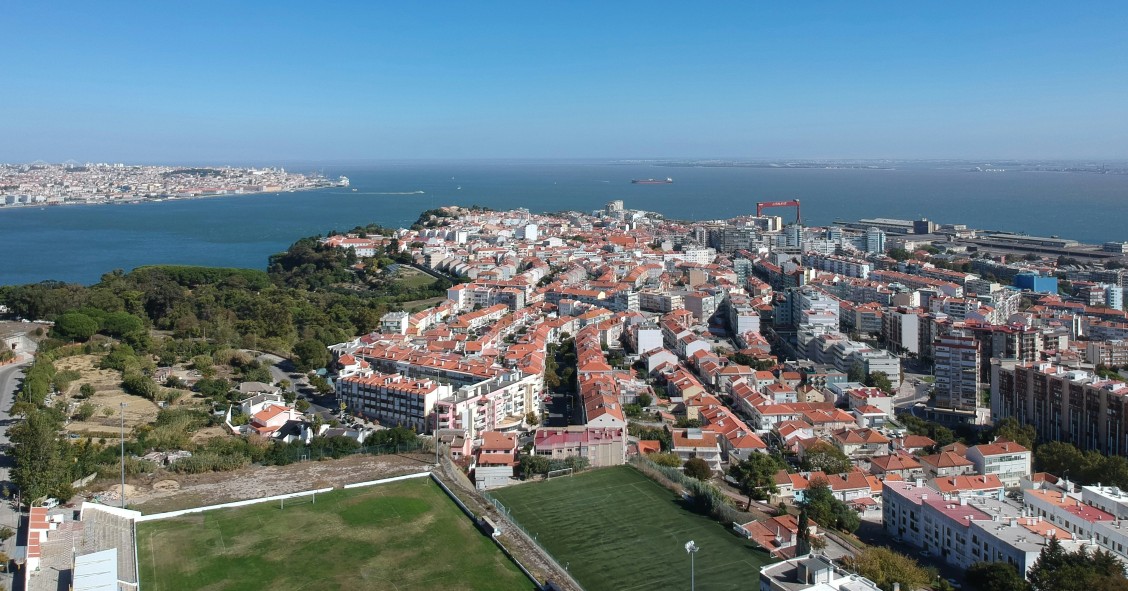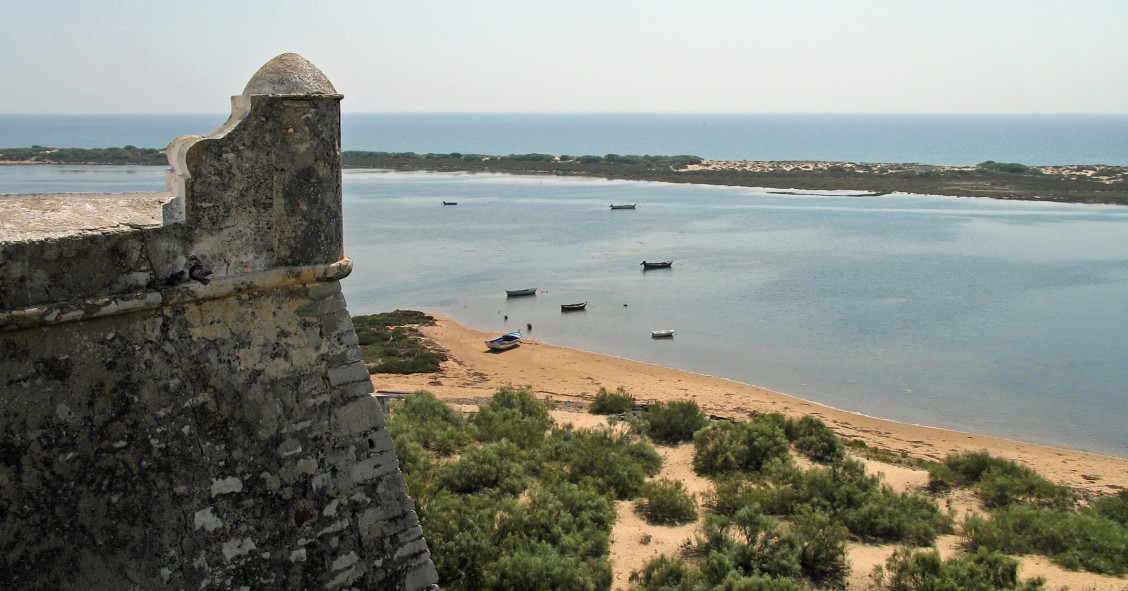
Portugal’s national trade unions have announced a general strike for Thursday, 11th December, the first time in 12 years. The stoppage is expected to have a nationwide scope, with disruption likely across transport networks, public administration, education, healthcare and municipal services.
What’s new...(updated 25/11/2025)
|
Why is there a strike on 11th December in Portugal?
Organisers have linked the action to ongoing debates over labour reform, wages and purchasing power. The two main trade union confederations, UGT and CGTP, are joining forces for a general strike in protest at the Government’s draft revision of the Labour Code. UGT’s secretariat approved the strike call unanimously, underscoring union unity around the labour reform dispute.
Historically, joint UGT–CGTP general strikes have been rare since 1974, with only a handful recorded, which highlights the significance of this mobilisation. Demonstrations are expected in major cities, including Lisbon and Porto, with timings to be confirmed by local authorities and organisers.

Transport and travel disruption during Portugal’s 11 December general strike
Recent months saw airport labour disputes de-escalate, and airport strikes in Portugal were cancelled for the winter. However, the general strike is likely to cause flight disruptions. Head of SNPVAC union, Ricardo Penarroias, has said that most flights at Portuguese airports will be grounded, with only minimum services running. Airlines are advising passengers to monitor flight status, expect longer wait times and seek rebooking or refunds where applicable.
Reduced or irregular services are expected on the Lisbon Metro and Porto Metro, municipal bus companies including Carris and STCP, trams and river ferries on the Tagus and Douro
On the rail network, CP suburban, regional and long-distance services, and Fertagus on the Tagus crossing, may run limited timetables or face cancellations depending on minimum service levels.
Other public services that could be affected on the day
Worker participation in strikes is protected under Portuguese law. Essential services operate under minimum service orders set by the authorities to ensure indispensable needs are met, and compliance is monitored.
Education
- Schools and universities may suspend classes if staffing is insufficient. Any exam rescheduling or coverage by minimum services will depend on sectoral orders and institutional notices yet to be published.
Healthcare
- Urgent and emergency care is maintained through minimum services. Elective appointments and non-urgent procedures are commonly postponed in practice.
Municipal and administrative services
- Town halls, tax and social security counters could run reduced hours or close temporarily; waste collection often operates with minimum services, so delays and post-strike catch-up rounds are possible.
What remains to be confirmed
- Sector-by-sector minimum service orders, including aviation, rail, metros, buses, ferries, education and municipal services.
- Operator contingency timetables and opening hours by city and network, including any airline waiver policies and rebooking win
- Any arbitration rulings or government directives that modify scope, staffing or minimum service levels on the day.

Stay in the know about all things Portugal—get our weekly newsletter for the latest travel, legal, and lifestyle news.





